Education
20 Aspects Of Albert Einstein’s Extraordinary Life

Albert Einstein wasn’t just a brilliant physicist who revolutionized our understanding of the universe—he was also a complex, fascinating individual with quirky habits and surprising talents. Discover the man behind the equations with these lesser-known, fun, and random facts about history’s most recognizable genius.
Musical Talent
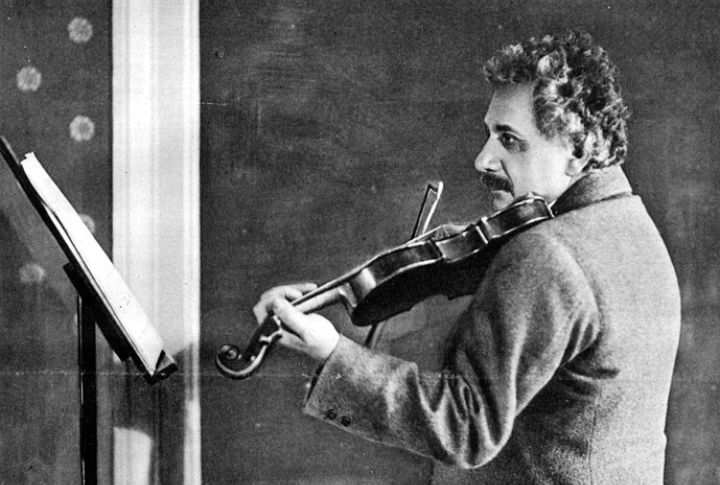
Einstein began playing violin at age six and continued throughout his life. Music wasn’t just a hobby—he credited it with helping his scientific thinking, saying, “If I were not a physicist, I would probably be a musician.”
Rebellious Student
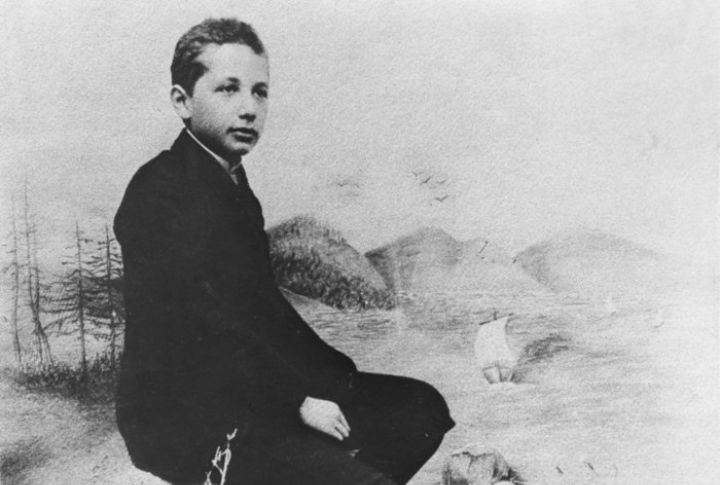
Contrary to popular belief, Einstein was not a poor student. However, he did clash with authority and detested rote learning. His rebellious attitude toward educational methods led one teacher to tell him, “You’ll never amount to anything.”
Late Talker
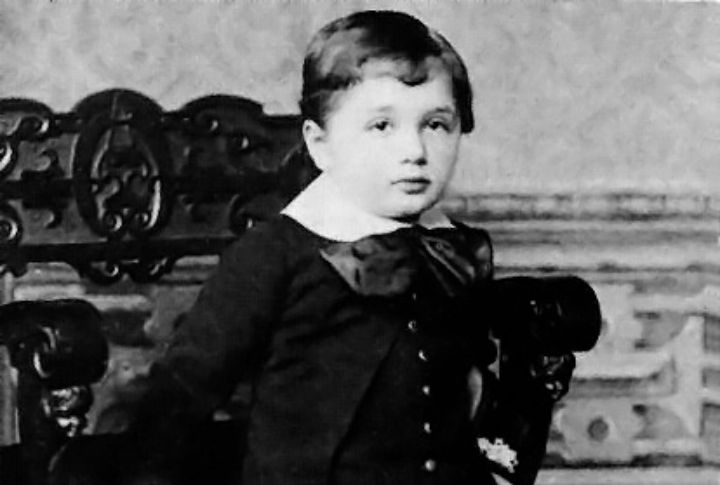
Einstein didn’t speak until he was about 4 years old, worrying his parents. When he finally began talking, he would practice sentences in his head before saying them aloud. Some speculate this delayed speech contributed to his innovative thought patterns.
No Socks, Please

Einstein famously disliked wearing socks and was proud of this quirk. In a letter to his second wife, he boasted that he “got away without wearing socks” even at Oxford University and while meeting the American president.
Sailor And Smoke Collector
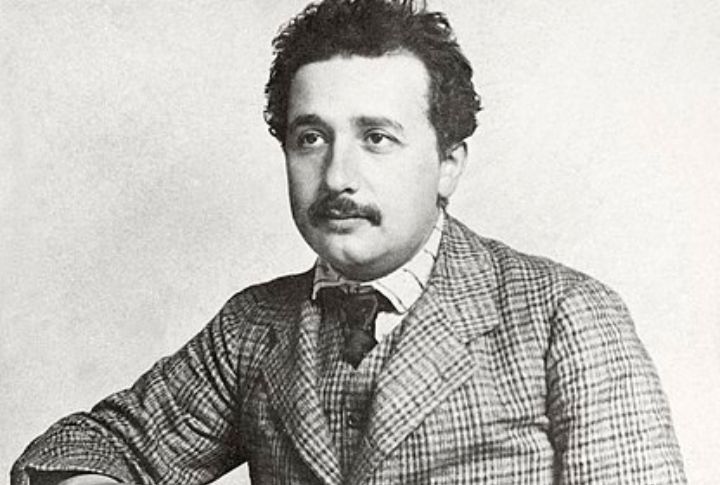
Einstein had a passion for sailing, even though he never learned how to swim. He frequently sailed on Long Island’s Peconic Bay, collecting pipe smoke in his sailboat’s wake and studying its movement as it dispersed—even during recreation, physics was on his mind.
Brain Theft
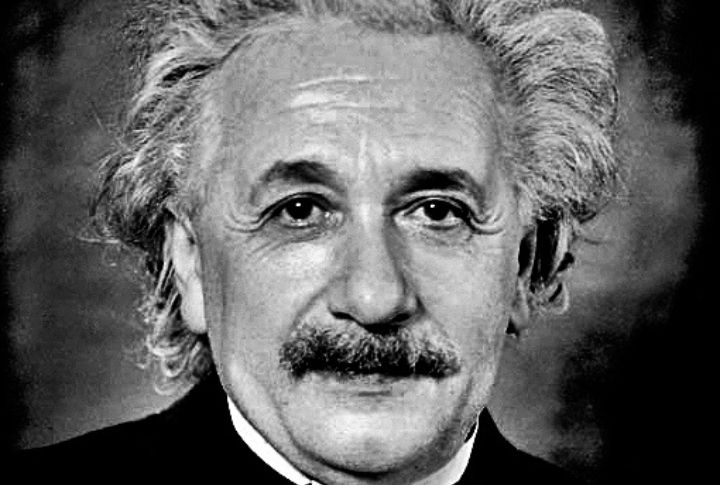
After Einstein died in 1955, pathologist Thomas Harvey removed his brain without proper permission during the autopsy. The brain was eventually sliced into 240 pieces and studied by scientists hoping to discover the source of his genius.
Invented A Refrigerator

Einstein and his former student Leo Szilard patented a refrigerator design in 1930. Their motivation wasn’t convenience but safety—news of a family killed by toxic refrigerant fumes inspired them to create a safer alternative using electromagnetic fields.
Refugee Status
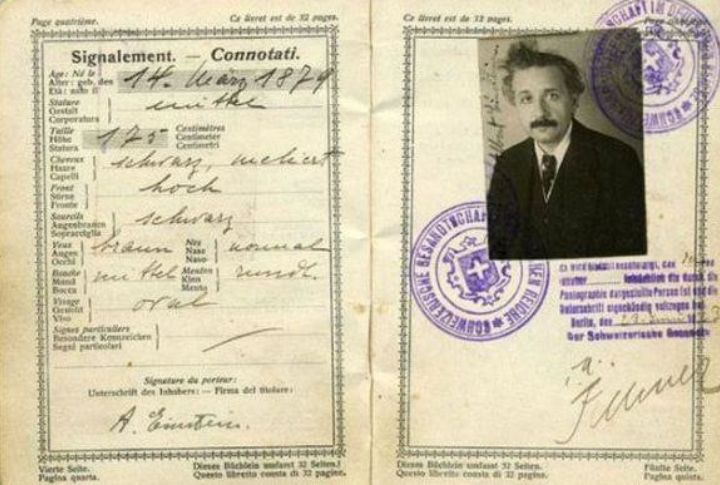
Einstein renounced his German citizenship twice: once in 1896 as a teenager to avoid military service and again in 1933 when Hitler rose to power. He became a Swiss citizen and later a permanent US resident and citizen.
The Tongue Photo
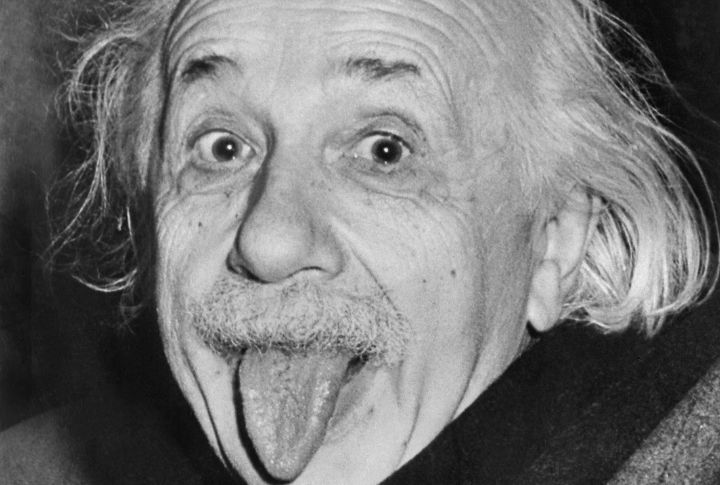
Photographers captured Einstein’s iconic photo with his tongue sticking out on his 72nd birthday in 1951. Tired of smiling for photographers, he impulsively stuck out his tongue. He liked the resulting image so much that he ordered nine copies.
Marriage Contract
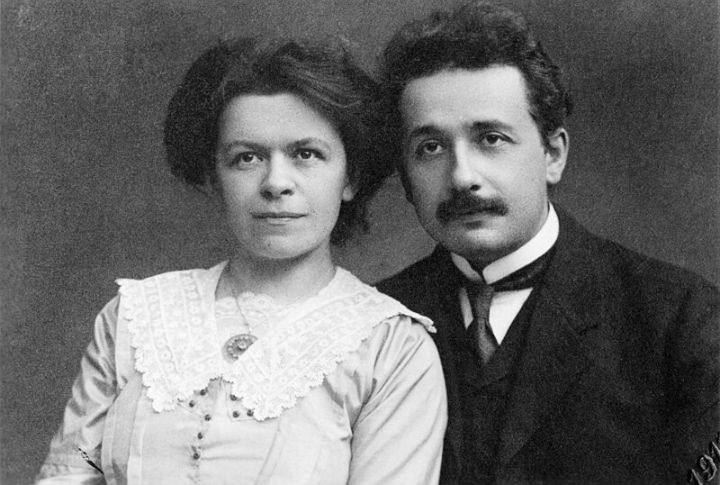
When Einstein’s first marriage failed, he gave his wife Mileva Maric a list of demands to continue their relationship, including that she serve three meals daily in his room and expect “neither intimacy nor reproach.” Unsurprisingly, they divorced.
Presidency Offer

In 1952, after the death of the country’s first president, Einstein was offered the presidency of Israel. Though deeply honored, he declined, stating, “I am deeply moved by the offer, but I lack both the natural aptitude and the experience to deal with people.”
Poor Memory

Despite his genius, Einstein struggled with remembering everyday details like names, dates, and addresses. He famously joked, “Why should I memorize something I can look up?” highlighting his focus on bigger ideas rather than trivial facts.
Compass Inspiration

At age five, Einstein’s father showed him a pocket compass, and he was mystified by how the needle moved without being touched. He later cited this moment as the beginning of his “wonder about the mysteries of nature.”
Avid Sailor
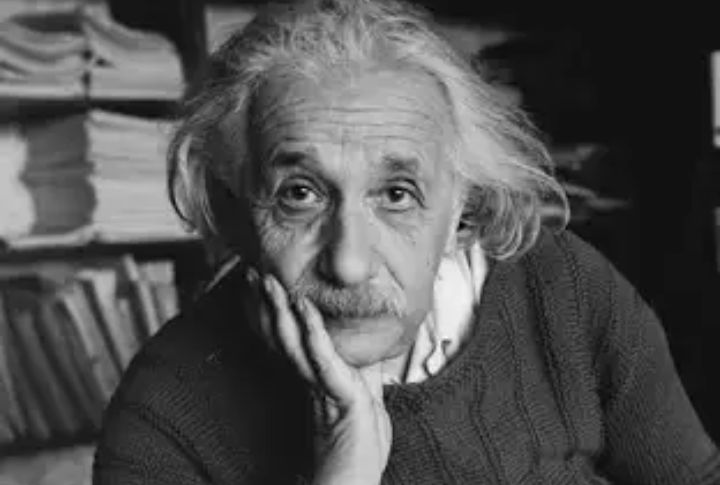
Einstein loved sailing to relax and think, though he wasn’t exceptionally skilled at it. Princeton locals often had to rescue him when his boat capsized or stuck. He frequently sailed alone, giving him space to contemplate physics problems.
Time Person Of The Century

In 1999, Time magazine named Einstein the “Person of the Century,” beating contenders like Mahatma Gandhi and Franklin D. Roosevelt. The magazine credited his influence on science, culture, and modern thought for their decision.
FBI File

J. Edgar Hoover’s FBI compiled a 1,427-page file on Einstein, considering him a potential communist sympathizer due to his pacifist views and advocacy for civil rights causes. Although they found no evidence of espionage, surveillance continued until his death.
Handwriting Font

Einstein’s distinctive handwriting has been turned into a computer font that is available for download. Typography designers carefully analyzed his manuscripts to create a typeface that mirrors his unique penmanship style, allowing you to use it in your own projects.
Nobel Prize Funds

When Einstein received his Nobel Prize money in 1922, he didn’t keep it. Instead, he transferred the entire sum to his first wife, Mileva, as part of their divorce settlement, helping support her and their two sons.
First Thought Experiment At 16

Einstein’s famous “thought experiments” began early. At 16, he imagined chasing a beam of light and wondered how it would appear if he caught up to it—a question that eventually led to his special theory of relativity.
Unknown Last Words

Einstein’s last words remain a mystery because his nurse didn’t understand German. He spoke his final thoughts in German on his deathbed in Princeton Hospital on April 18, 1955, taking whatever he wanted to say to the grave.

